With most of our daily communications online, it is difficult to remember how we existed in a world without email, internet, or mobile phones. However, the question of what happens to our online lives after we die becomes a challenge for loved ones. This is addressed in a recent article, “One day you’ll leave this earth, but your data will live on in a messy future” from WFIN.COM. Very few individuals have a digital estate plan which often results in a difficult and time-consuming process for their heirs.
Digital assets are anything in digital format, including photos, videos, emails, social media account content, websites and cryptocurrency. A digital legacy includes all of the digital assets left behind when someone passes.
A digital legacy may include personal, financial and creative digital property. For instance, if you are a prolific blogger, you may own intellectual property. The issue of how you want your blogs to exist after your death should be addressed. If you own and manage an online business, determining who will manage this after you pass may be vital to the continuity of the business.
Generally, digital assets do not disappear when you become incapacitated or die. Digital assets continue to live on unless someone has been designated as a digital executor and there is a plan to manage the assets. Much is also dependent upon each platform’s privacy and legacy policies. In some cases, accounts and their contents are deleted after a certain period of inactivity.
What happens in the absence of digital estate planning?
- Online financial assets, including bank accounts and cryptocurrency, have economic value your executor needs to access and manage. If your executor is unable to locate a username and password or is blocked by third-party verification like facial recognition, gaining access to your assets may result in a lengthy, cost-prohibitive process.
- Identity, theft and fraud are common occurrences when digital assets are not managed or deleted after the original owner dies.
- Some platforms allow users to name a legacy contact who can access accounts, gather and download content and close accounts. Individuals should consider reviewing social accounts to determine what each platform permits and create legacy or memory accounts where allowed.
A digital executor does not always need passwords and usernames to delete, memorialize, or close your accounts. However, they will need an inventory of your accounts and a clear directive explaining your intentions in the event of your death or incapacity.
If gathering your account information seems overly burdensome, imagine what will happen if your executor/trustee needs to become a digital sleuth to determine what assets you possess and how to access them. Request a Consultation to learn more about how you can incorporate your digital legacy intentions into your estate plan.
Reference: WFIN.COM (May 11, 2024) “One day you’ll leave this earth, but your data will live on in a messy future”

